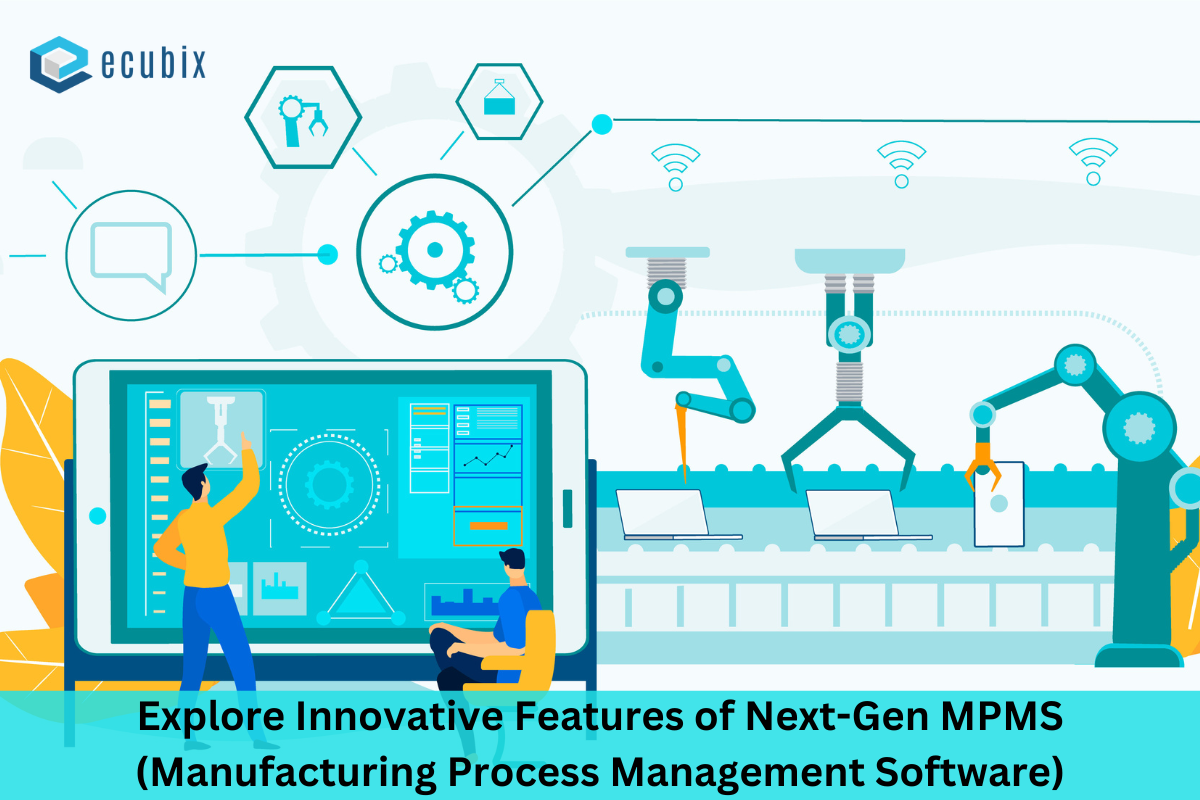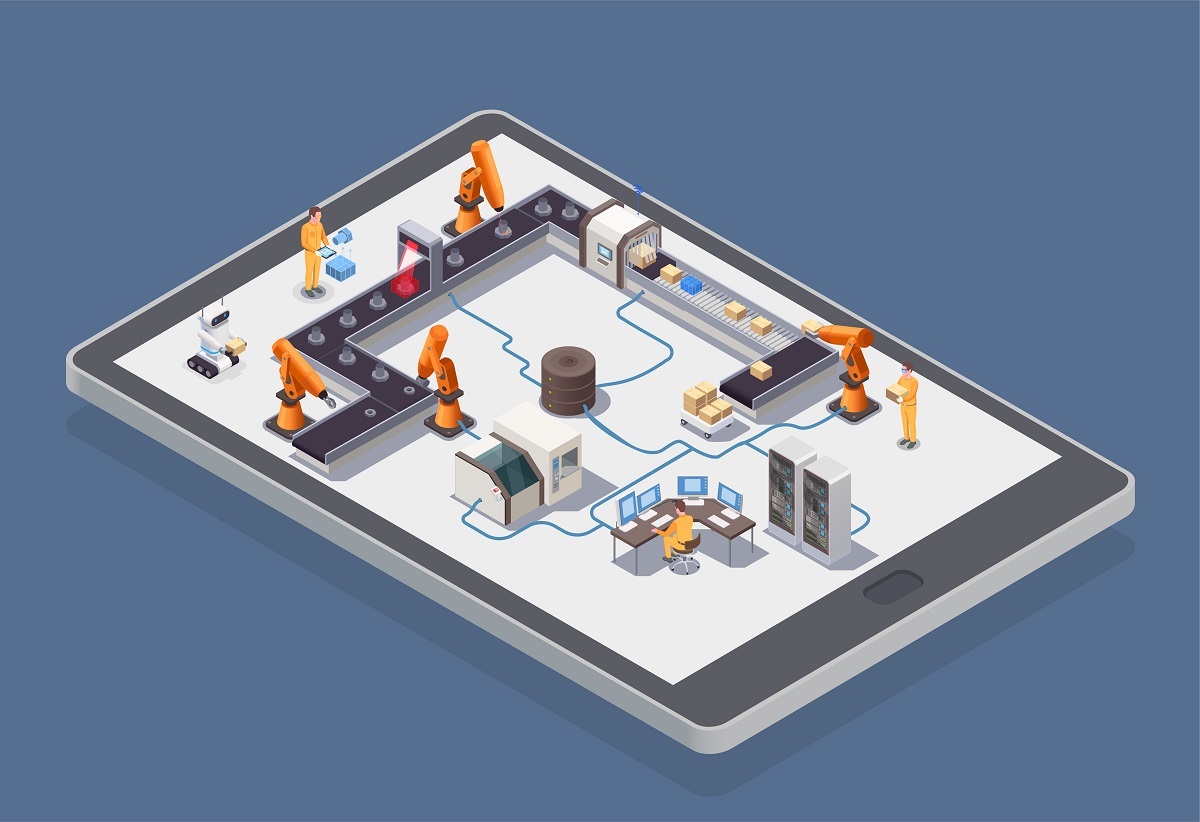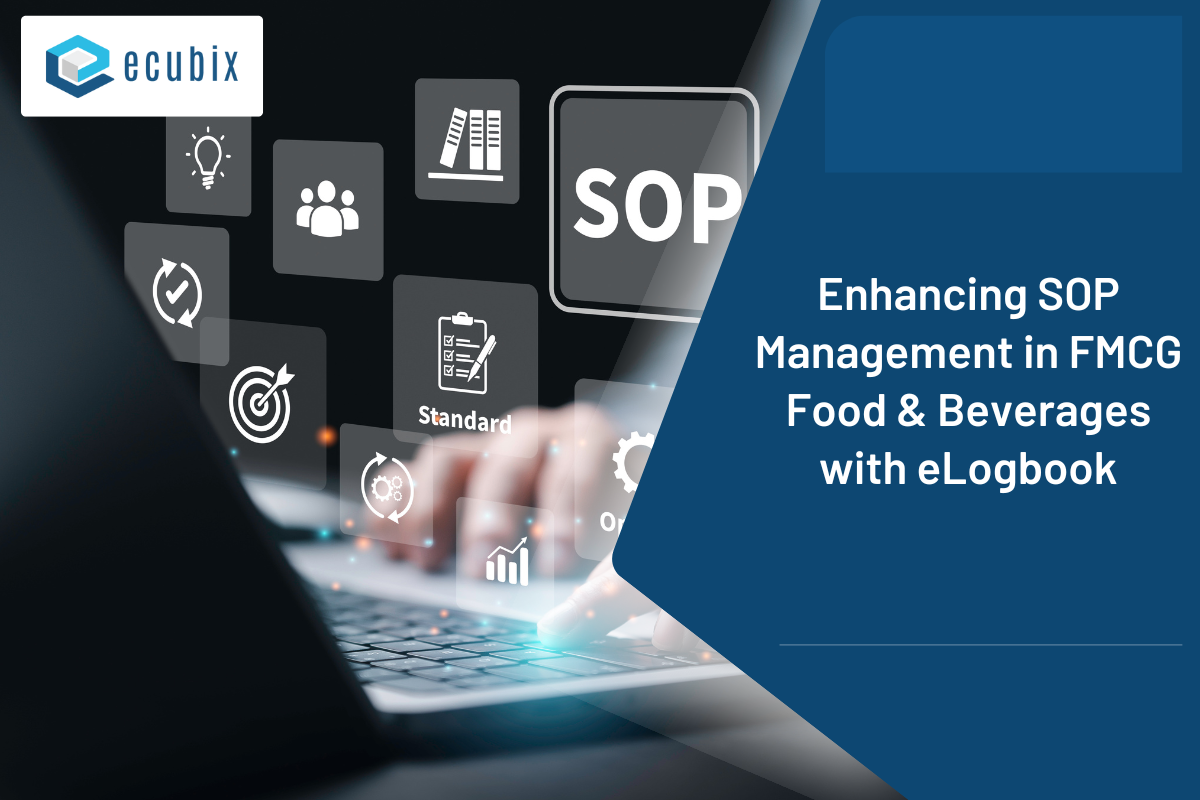
Table of Contents
Published on: December 29, 2023
Manufacturing Process Management Software (MPMS) is a software application that helps manufacturers manage their production processes. It provides a comprehensive view of the manufacturing process, from design to delivery, and helps manufacturers optimize their production processes. The software is designed to help manufacturers improve their efficiency, reduce costs, and increase productivity.
The manufacturing landscape is undergoing a transformative shift, driven by technological advancements and an ever-evolving market. In this dynamic environment, Manufacturing Process Management Software (MPMS) is emerging as a game-changer, empowering businesses to optimize production, boost efficiency, and gain a competitive edge.
Navigating the Trends – Several key trends are shaping the evolution of MPMS:
- Cloud-based Deployment: Cloud-based MPMS offers accessibility, scalability, and real-time data synchronization, empowering agility and collaboration.
- Artificial Intelligence (AI) and Machine Learning (ML): AI and ML are transforming MPMS into intelligent assistants. Predictive maintenance, anomaly detection, and process optimization are just a few areas where AI/ML is driving game-changing insights.
- Internet of Things (IoT) Integration: Connecting machines, sensors, and devices unlocks a treasure trove of operational data. MPMS platforms that seamlessly integrate with IoT ecosystems enable real-time visibility and control across the entire production chain.
- Digital Twins: Virtual replicas of physical assets and processes empower manufacturers to experiment, optimize, and troubleshoot in a risk-free digital environment, boosting efficiency and innovation.
- Augmented Reality (AR) and Virtual Reality (VR): AR/VR is redefining training, maintenance, and quality control. Imagine technicians donning AR headsets to receive step-by-step instructions or inspectors using VR simulations to conduct remote evaluations.
Impact and Innovations:
These trends are not mere buzzwords; they are translating into tangible benefits for manufacturers:
- Reduced Downtime: Predictive maintenance algorithms in MPMS platforms can anticipate equipment failures, preventing costly production halts. A 2022 McKinsey & Company report highlights that predictive maintenance can reduce unplanned downtime by 30-50%.
- Improved Quality: Real-time process monitoring and anomaly detection capabilities in MPMS enable early identification and correction of quality issues, minimizing defect rates. A 2023 study by Aberdeen Group found that manufacturers using advanced MPMS solutions experienced a 15% reduction in product defects.
- Enhanced Efficiency: Streamlined workflows, automated data analysis, and optimized production schedules all contribute to significant efficiency gains. Deloitte Insights estimates that digital manufacturing technologies like MPMS can boost operational efficiency by up to 20%.
- Greater Agility: Cloud-based MPMS facilitates remote access and collaboration, enabling manufacturers to adapt quickly to changing market demands and production requirements. A recent Gartner survey revealed that 70% of manufacturers view agility as a critical differentiator, and MPMS plays a vital role in achieving this agility.
Case Study: Siemens MindSphere in Action
Siemens, a global leader in industrial technology, showcases the power of next-gen MPMS with its cloud-based platform, MindSphere. Consider a leading automobile manufacturer facing production delays due to unforeseen equipment breakdowns. By integrating MindSphere with their production systems, the manufacturer gained real-time insights into equipment health, enabling them to predict and prevent failures, resulting in a 25% reduction in unplanned downtime and a 10% increase in production output.

Statistical Insight:
- The global MPMS market is expected to reach USD 26.4 billion by 2027, growing at a CAGR of 12.2% (MarketsandMarkets, 2023).
- 70% of manufacturers plan to invest in MPMS solutions in the next 2 years (IDC, 2023).
- AI-powered MPMS is projected to contribute USD 1.5 trillion to the global manufacturing industry by 2030 (Accenture, 2023).
Looking Ahead:
As technology continues to evolve, so too will MPMS. We can expect to see further integration with advanced technologies like blockchain and edge computing, further blurring the lines between physical and digital worlds. With its ability to empower agility, optimize operations, and drive continuous improvement, next-gen MPMS is poised to be the cornerstone of future-proof manufacturing success.
eChecklist is a digital document that contains detailed information about the production process of a batch. It includes data on raw materials, equipment, procedures, and quality checks.

Manufacturing Process Management Software (MPMS) is a software application that helps manufacturers manage their production processes. It provides a comprehensive view of the manufacturing process, from design to delivery, and helps manufacturers optimize their production processes. eChecklist is an integral part of MPMS as it helps manufacturers digitize and streamline their manufacturing processes. They record, manage, and monitor the product manufacturing data, such as the recipe, materials, and steps, in a paperless way. This enhances the data integrity, operational efficiency, and regulatory compliance of the manufacturing operations. eChecklist also offers real-time visibility and traceability of the batch activities and processes.
Here are some specific examples of how eChecklist can be used in different industries:
Pharmaceuticals: Ensure batch compliance with FDA regulations, track ingredients and expiration dates, and quickly identify and isolate issues that may affect product safety.
Food and Beverage: Monitor processing temperatures and times, track allergen information, and identify batches at risk of contamination.
Chemicals: Control reaction parameters, optimize yields and prevent hazardous events by capturing and analyzing real-time process data.
Electronics: Track components and assembly steps, ensure product quality, and simplify warranty claims by providing detailed batch records.
Overall, eChecklist is no longer just a record-keeping tool; it is an enabler for a data-driven approach to Manufacturing Process Management. By integrating digital checklists with other technologies and adopting a continuous improvement mindset, manufacturers can unlock significant gains in efficiency, quality, and compliance.
In summary, eChecklist helps MPMS by digitizing and streamlining the manufacturing process, enhancing data integrity, improving operational efficiency, and ensuring regulatory compliance. They are essential for coordinating multiple tasks when a manufacturing company is expanding and growing.
Conclusion:
NextGen MPMS is not just a software upgrade; it represents a paradigm shift in how we approach manufacturing. By embracing these innovative solutions, manufacturers can unlock new levels of efficiency, flexibility, and competitiveness, paving the way for a future of smarter, more sustainable, and customer-centric production.
Most Asked FAQs:
What is the process of Manufacturing Process Management Software (MPMS)?
Manufacturing Process Management Software (MPMS) is a system that outlines the processes, techniques, and methods that should be used in order to manufacture a product. Technical work instructions are then made available to the end user on-demand, whether on a screen or with AR, for faster and more accurate execution. It can be used to optimize production by examining the manufacturing process.
What do you mean by Manufacturing Process Management MPM?
Manufacturing Process Management (MPM) is a collection of technologies and methods used to define how products are to be manufactured. A cornerstone of MPM is the central repository for the integration of all these tools and activities aids in the exploration of alternative production line scenarios; making assembly lines more efficient with the aim of reduced lead time to product launch, shorter product times and reduced work in progress (WIP) inventories as well as allowing rapid response to product or product changes.
How does digital manufacturing work?
Digital manufacturing is the application of computer systems to manufacturing services, supply chains, products and processes. By modelling and simulating processes, it is possible to improve the quality of manufacturing decision-making, while improving the processes to create cost savings, reduce time to market, and create a joined-up manufacturing process that unites digital tools with the physical execution of manufacturing. Digital manufacturing can be broken down into three main areas: product life cycle, smart factory, and value chain management.
What is the difference between Ppms and Mpms?
PPMS and MPMS are two different systems used in different fields. PPMS stands for Physical Property Measurement System, which is used to measure the magnetic moment/magnetization/dc susceptibility of a sample as a function of temperature or magnetic field. On the other hand, MPMS stands for Manufacturing Process Management Software, which is a software system that outlines the processes, techniques, and methods that should be used in order to manufacture a product.
PPMS is used to measure the magnetic properties of a sample, while MPMS is used to optimize production by examining the manufacturing process.
How Digital Checklist benefit Manufacturing Process Management (MPM)?
Digital checklists can be used to improve the efficiency of data collection and standard work in manufacturing processes. Digital checklists on smart devices ensure quality for repetitive tasks and support the collection of data for continuous improvements. By replacing paper with digital checklists for standard work, it is possible to create a joined-up manufacturing process that eliminates errors due to lost or misinterpreted data which is common for paper-based processes.



















